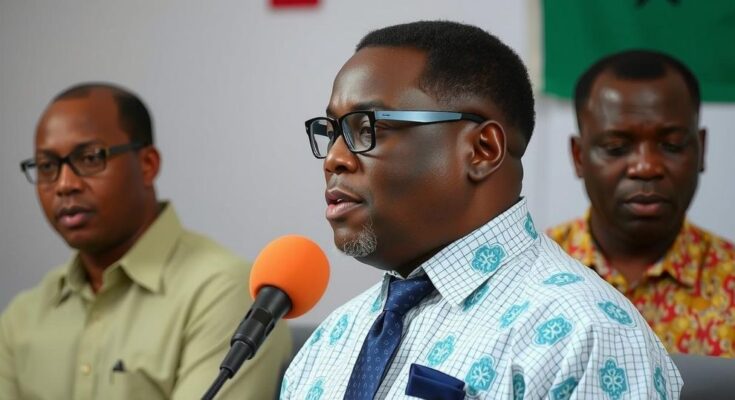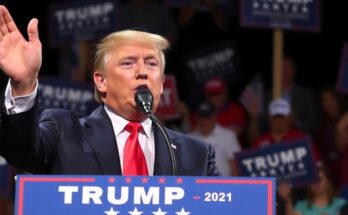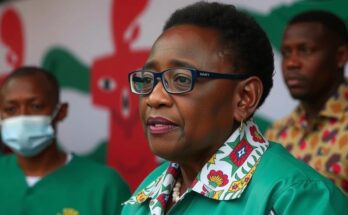Ghana’s upcoming election pits former President John Dramani Mahama against current Vice President Mahamudu Bawumia amid significant economic crisis. With rampant inflation and poverty affecting citizens, especially youth, voter turnout is projected to be high. The election is critical for the country’s future economic health, and results are expected shortly after voting concludes on Saturday.
As Ghanaians prepare to vote on Saturday, they face a pivotal choice: to reinstate former President John Dramani Mahama, whom they rejected eight years ago, or to support Mahamudu Bawumia, the current vice president and candidate of the ruling New Patriotic Party (N.P.P.). With the nation grappling with a severe economic crisis marked by inflation, rising national debt, and increased poverty affecting over 850,000 citizens, the public’s discontent is palpable. Young voters have emerged as a significant demographic, eager to express their frustration over government inadequacies, particularly regarding environmental issues stemming from illegal mining activities. With security also a factor, the election could ultimately shape Ghana’s future economic policies and governance at a crucial time for the country.
Ghana has been experiencing profound economic challenges recently, as inflation has soared, and the cost of living has increased. The country, known for being Africa’s largest gold producer, has witnessed growing unrest due to environmental degradation caused by illegal mining, leading to youth protests. With significant portions of the population facing poverty, the upcoming election is crucial. Ghana maintains a reputation as a stable democracy in an otherwise tumultuous West Africa, which adds an additional layer of importance to the election outcomes.
In conclusion, Ghana’s upcoming presidential election will determine whether the electorate favors a return to experience with former President Mahama or opts for a new approach under Vice President Bawumia. Given the current economic conditions and the enthusiasm of young citizens, voter turnout is expected to be high, highlighting the public’s desire for change. The election results may not only dictate the future of Ghana’s government but also impact long-standing issues such as poverty, employment, and environmental sustainability.
Original Source: www.nytimes.com




